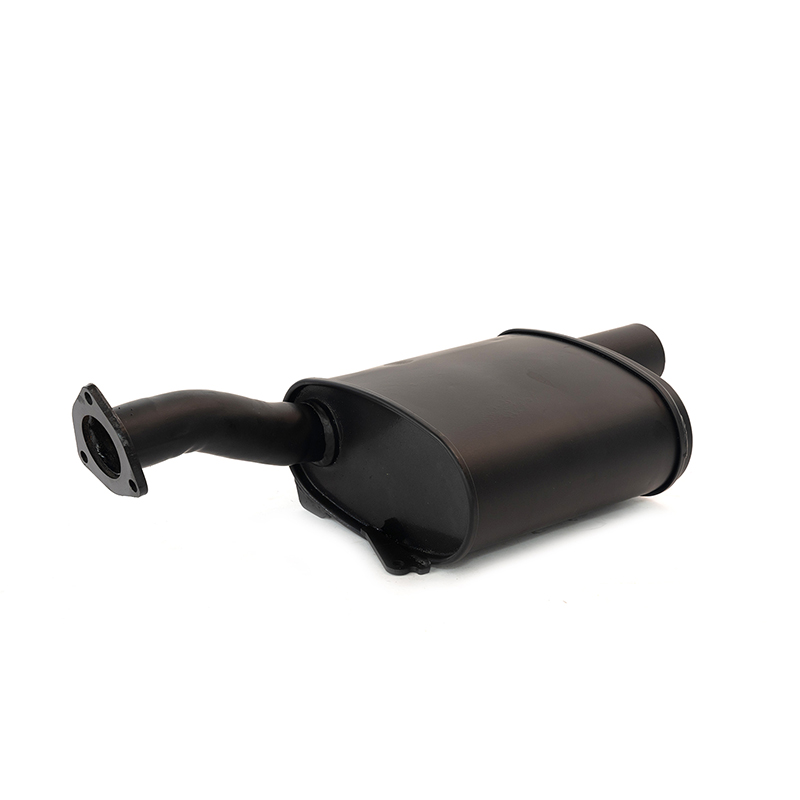Our expert, award-winning staff selects the products we cover and rigorously researches and tests our top picks. If you buy through our links, we may get a commission. Reviews ethics statement
Pro tip: Changing your AC unit filter can even save you money. Transmission Screen

Here's how to know it's time to replace your AC unit filter and tips for how to do it the right way.
Your air conditioning unit's filter is critical for keeping the air you breathe clean. Its basic function is to keep the air that circulates through your heating and cooling system free of dust, pollen, allergens or any other debris that can accumulate within your HVAC's internal components.
But when your AC filter gets coated with a layer of dust, not only can it impair the way your system works (which would be a major headache with these brutal summer temps) and lead to costly repairs, it also renders your filter useless. Considering that a dirty, unchanged air filter is one of the main causes of heating and air conditioning unit issues like moldy ductwork or water damage to your unit, it's important to maintain it properly. Meaning, you need to clean it and change it regularly.
Here's how to know it's time to change your AC filter and how to do it the right way to guarantee your unit runs properly and efficiently. For more, explore these six ways to save on air conditioning this summer and effective ways to lower your AC bills when on vacation.
The only real way to know it's time to replace your AC filter is by checking on it every so often. To do so, pop your AC filter out and hold it up to the light. If you can't see through the filter, then it's time for a new one. Below, find step-by-step instructions on how to change out your filter.
If your air filter looks like the filter on the left, then it's time to replace it.
First things first: You need to locate it. It could be several places: in the air handler cabinet, return air duct or in a window AC unit, etc.
Next, make sure you get the right filter size -- the dimensions are usually printed on the side of the filter – so you can make sure you're buying or ordering the right size replacement.
Now, it's time to actually change the filter:
Buy the right size filter by checking the dimensions printed on the old filter's frame.
Do you know off the top of your head the last time you changed your filter? If you can't remember, it has no doubt been too long.
Many HVAC filters actually say on the packaging that a monthly check-in is ideal to keep dust and allergens to a minimum. For the most part, experts agree your filter will probably need to be replaced every three months or so, but monthly assessments can guarantee you don't leave a worn-out filter in your unit for too long past its effectiveness.
Depending on a number of factors, such as your surroundings, the season and the inhabitants of your home, you may want to replace your air conditioning filter more or less often than once a month.
Some air conditioning filters are made to last longer than others. But luckily, you don't have to do a ton of research or be an AC expert to know which brand is best. Just look at the packaging.
All AC filters have a Minimum Efficiency Reporting Value (MERV) rating. The higher the MERV number, the better quality the filter is, meaning it can hold contaminants or debris more efficiently and therefore lasts longer.
The only downside to picking a filter with a high MERV rating is that it can slow down the airflow in your AC unit. The best filter options will have a balance between good quality and good airflow, which is typically a filter with a MERV rating between 6 and 8. If you have a high-efficiency AC unit, you may be able to get away with a higher MERV rating, but check the owner's manual just in case.
Geography and seasonality can also affect how often your filter will need to be replaced. Living in a dusty or more polluted environment calls for a new air filter at least once every three months.
For example, in desert climates, your AC is filtering out all that desert dust (in addition to 90-plus degree temperatures) to keep the air in your home pleasant to breathe. Your AC is likely working overtime, which means it'll need extra maintenance.
What sort of creatures inhabit your household can also determine how often you'll need to replace the filter. If you're like me and have two long-haired pets living with you, checking your filter every three weeks is a good rule of thumb to prevent build-up.
If you live in a temperate climate and rarely turn your AC unit on, you can probably wait up to six months to change the filter. A simple way to remember is to switch the filter out once in the spring and again in the fall.
Not only can regularly changing your AC filter help improve your home's air quality and conditions, it can save you money over time. Replacing a dirty, clogged filter with a new, clean one can lower your air conditioner's energy consumption by 5 to 15 percent, according to the US Department of Energy. And less energy consumed by your AC equals lower utility bills, which is a huge perk in the heat of summer when electricity costs spike for much of the US.

Air Filter Cleaners For more, you can also check out this home upgrade that can save you money on AC costs and this comparison between window AC units and portable AC units.